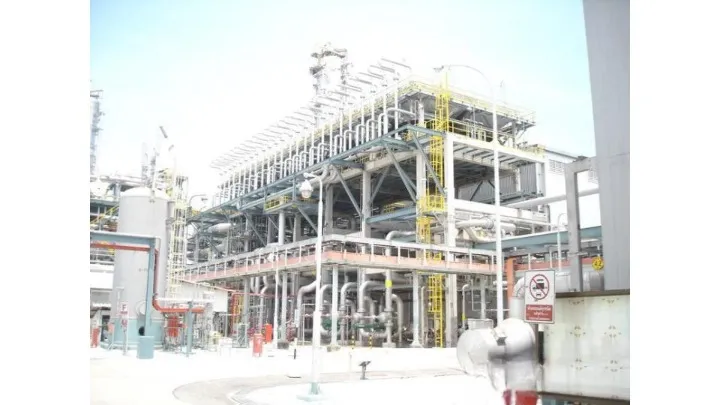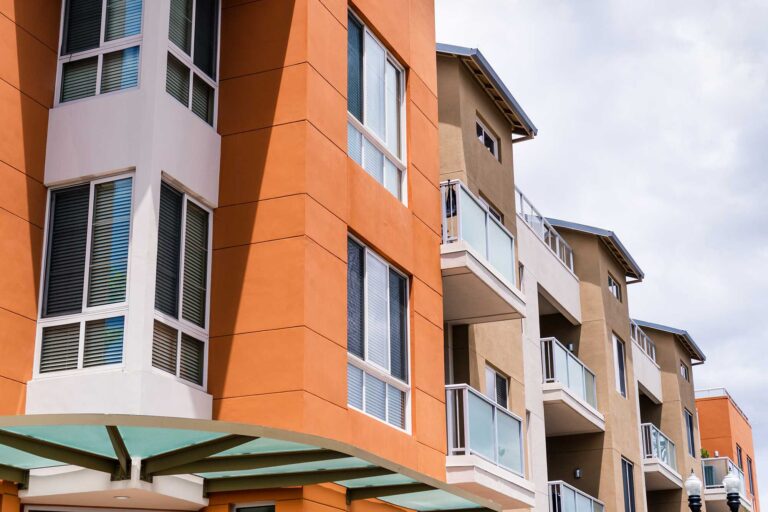As a hotel or real estate developer, you’re probably aware of the growing importance of sustainability and well-being in the built environment. The WELL Building Standard has emerged as the leading certification system focused on enhancing human health and well-being through improved building design and operation. At the same time, energy efficiency remains a key factor in reducing operating costs and environmental impacts. This article explores how you can integrate the WELL Standard’s principles and energy efficiency practices into your projects, with a focus on noise and pollution control solutions.
Understanding the WELL Building Standard
The WELL Building Standard is a performance-based system that measures, certifies, and verifies the characteristics of the built environment that impact human health and well-being. It covers ten concepts: air, water, nutrition, light, movement, thermal comfort, acoustics, materials, mind, and community. For hotel and real estate developers, addressing these aspects can lead to increased guest satisfaction, increased property value, and a competitive advantage in the marketplace.

Key Perspectives for Real Estate Developers
Sound Management
Effective sound control is essential to creating comfortable environments in hotels and residences. The WELL Standard emphasizes the importance of managing both external and internal noise sources. Some strategies include:
- Using acoustic insulation in walls, floors, and ceilings
- Using acoustic treatments to reduce reverberation in common areas
- Choosing quiet HVAC systems and other mechanical equipment
Air quality
Indoor air quality has a significant impact on the health and comfort of occupants. To meet the WELL requirements and improve overall air quality:
- Install high-efficiency air filtration systems
- Use materials with low VOCs in construction and finishes
- Use appropriate ventilation strategies to ensure adequate fresh air
Energy efficiency
While not directly part of the WELL standards, energy efficiency is critical to sustainable building operations and can help achieve thermal comfort and air quality goals. Consider:
- Implementing building automation systems for optimal energy management
- Using energy-efficient lighting and appliances
- Employing passive design strategies to reduce heating and cooling loads
Solutions for noise and pollution control
To address both noise control and energy efficiency, ASA Thermacoustic is committed to providing creative solutions that can help you meet the WELL requirements while improving energy efficiency:
- Acoustic panels: These panels not only reduce noise levels, they can also provide insulation, which increases energy efficiency. Acoustic ceiling systems: These systems can significantly improve the acoustic quality of a room, while also providing thermal benefits.
- Thermoacoustic insulation: These versatile insulation materials manage both sound transmission and thermal efficiency, making spaces quieter and more energy efficient.
- Vibration isolation systems: These systems can reduce noise from mechanical equipment, which can improve overall acoustic comfort.
Benefits of implementing WELL standards and energy efficiency practices
By focusing on WELL principles and energy efficiency, hotel and real estate developers can:
- Create safer, more comfortable environments for occupants
- Reduce operating costs through improved energy efficiency
- Increase property value and marketability
- Demonstrate a commitment to sustainability and occupant well-being
Opportunity to become green building certified
Integrating WELL principles and energy efficiency practices into your hotel or real estate development can lead to a range of benefits, from increased occupant satisfaction to reduced operating costs. By focusing on key areas such as noise management, air quality, and energy efficiency, you can create spaces that promote health, comfort, and sustainability. To achieve these goals, our range of solutions can help you effectively address both noise control and energy efficiency challenges. By leveraging their expertise and innovative products, you can create properties that not only meet WELL standards requirements, but also stand out in a competitive real estate market.


